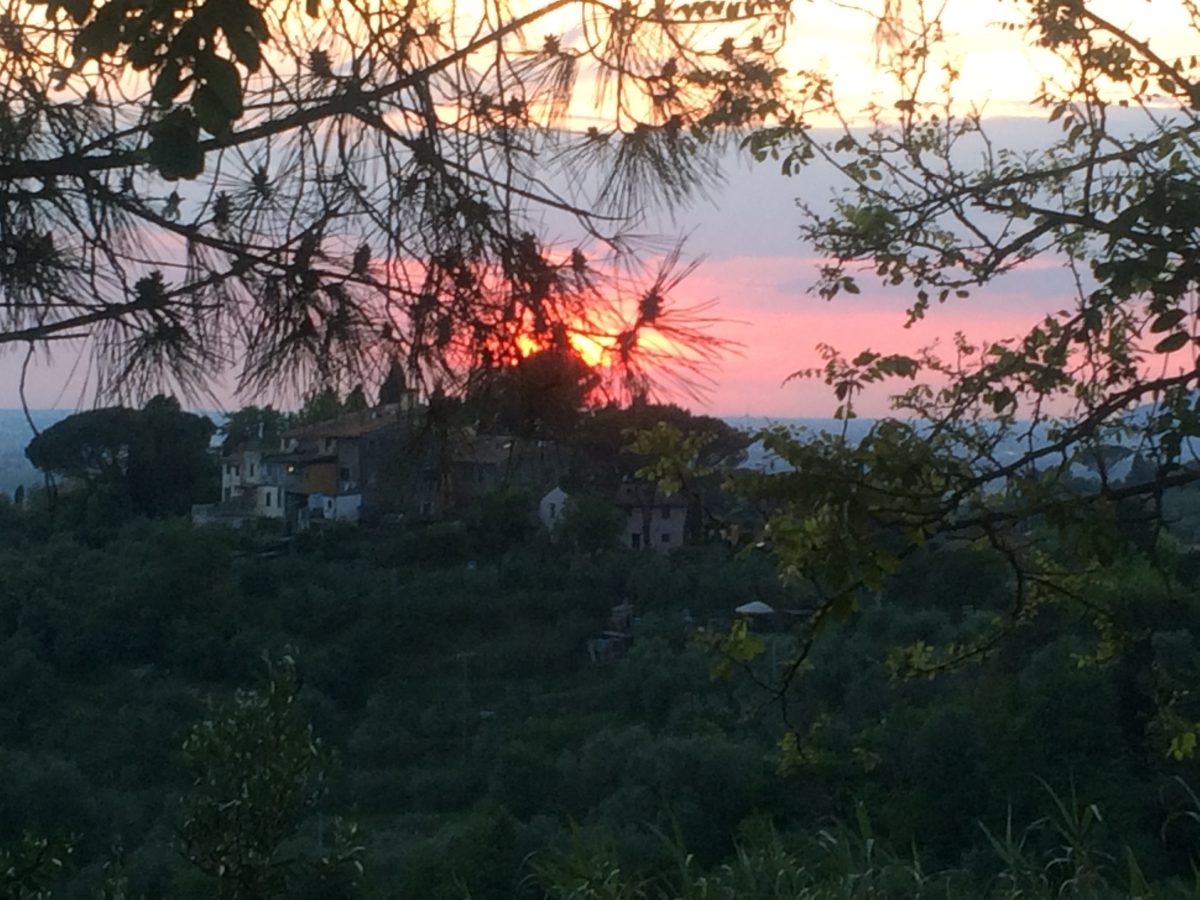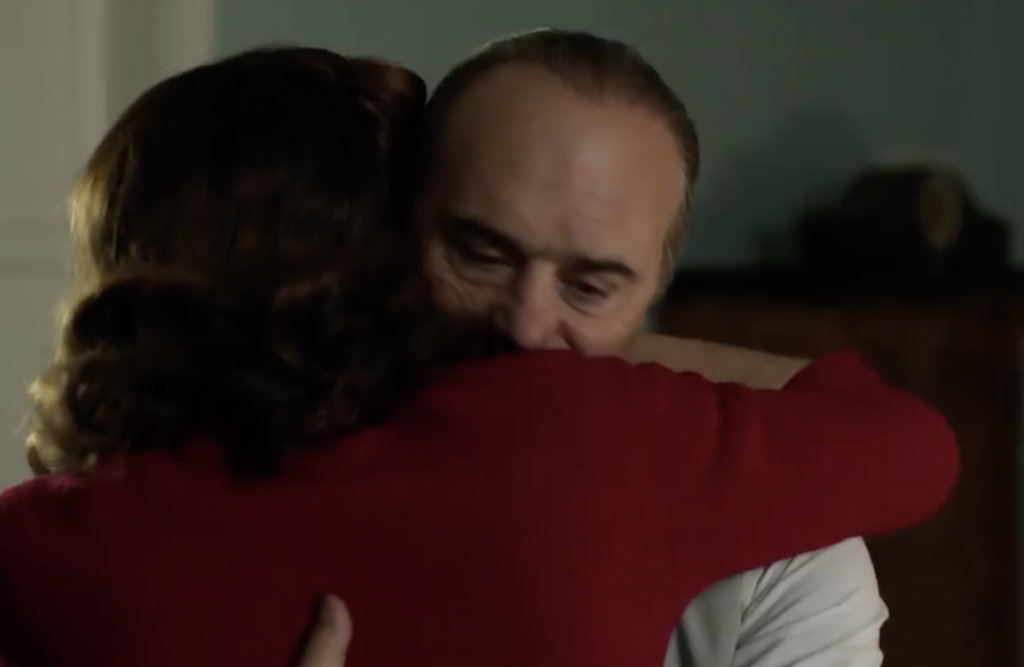We use the conjunction “but” to justify, to protest, to get out of doing an unpleasant task. “But” is one of those words that we use a zillion times a day without even thinking about it. There are 3 words used to say “but” in Italian.
In English, we’re not really supposed to begin a sentence with “but,” but in speech, we do it all the time. Italians do it, too. In fact they are fans of saying “but,” which is why they have 3 ways to say it, depending on the tone, the intention of what they want to say, and depending on the sentence structure. So what are these 3 ways to say “but” in Italian?
1: The easiest and most basic way to say “but” in Italian is ma.
It’s a super-short word, easy to pronounce, and easy to place in a sentence — it goes at the beginning of a phrase, so it’s your best bet when you really need to say “but.”
- Ma is something to say as you are thinking of what to say:
Ma… quand’è che usciamo insieme? (But… when are we going to go out on a date together?)
- You can use it when you are shocked or surprised, like when your car gets towed because you hadn’t noticed the “no parking” sign. [photo of no parking sign]
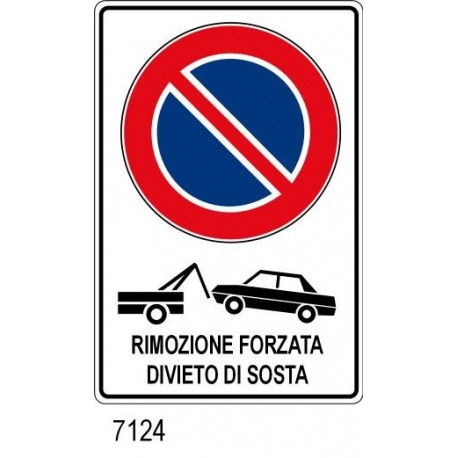
Ma come??? (How did this happen?)
- You can use it when you’re indignant:
Ma che diavolo state facendo? (But what the hell are you doing?)
- You can use it when you’re not convinced:
Ma… non lo so. (Well, I don’t know about that.)
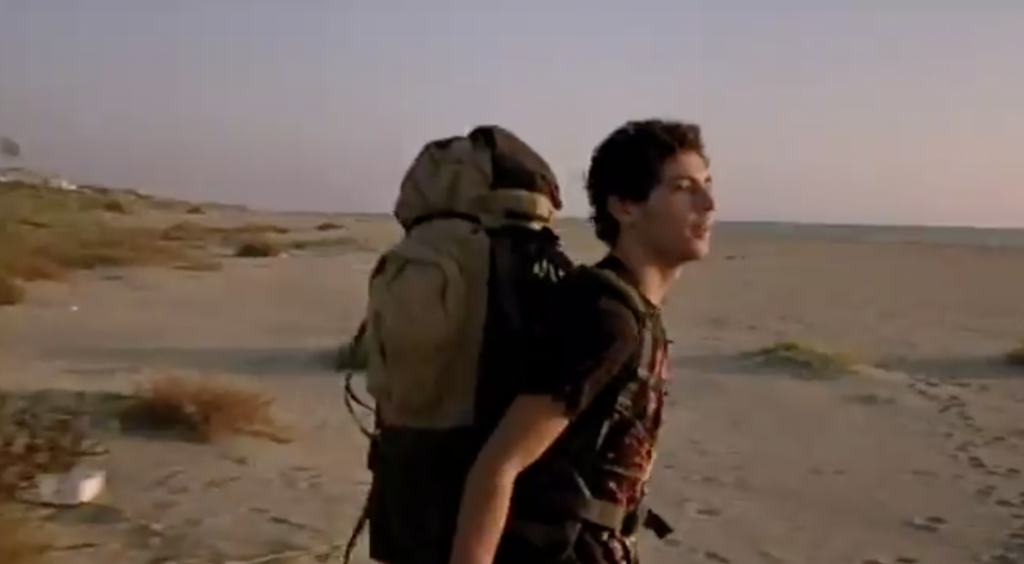
But what the heck am I doing here?
Speaking of ma (but), there’s a movie with ma in its title : Ma che ci faccio qui! – Un film di Francesco Amato.
In fact, you can watch this entire movie on Yabla with Italian and/or English subtitles, vocabulary reviews for each of the 24 bite-size segments, and there are other exercises, too, for reinforcing your comprehension. You will learn plenty of slang, and hear the way teenage Italians really talk. Check it out.
2: The second way to say “but” in Italian is with però.
Però can take the place of “but,” however, many Italians use both ma and però together, even though it’s not really correct.
Ma pero… vorrei mangiare adesso. Ho fame! (But but… I want to eat now. I’m hungry!)
Ma is such a short word that sometimes we just add però to get our point across, in this case, hunger! Very useful if you want to whine in Italian. Picture kids trying to get out of doing their homework: Ma però, tutti i miei amici stanno giocando a pallone… (but all my friends are playing soccer!)
Però is used at the end or in the middle of a sentence, and often connects two contradictory ideas. It can also be translated as “however.” So in English we put “but” at the beginning of a phrase, but però can snuggle in to the middle.
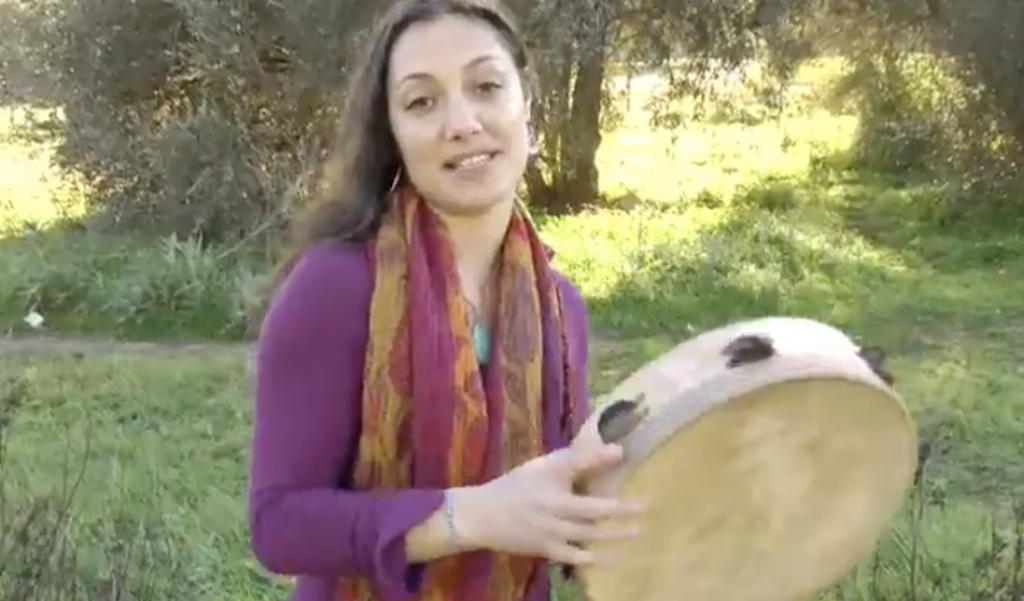
But today, the tarantella is known the world over as a traditional folk dance.
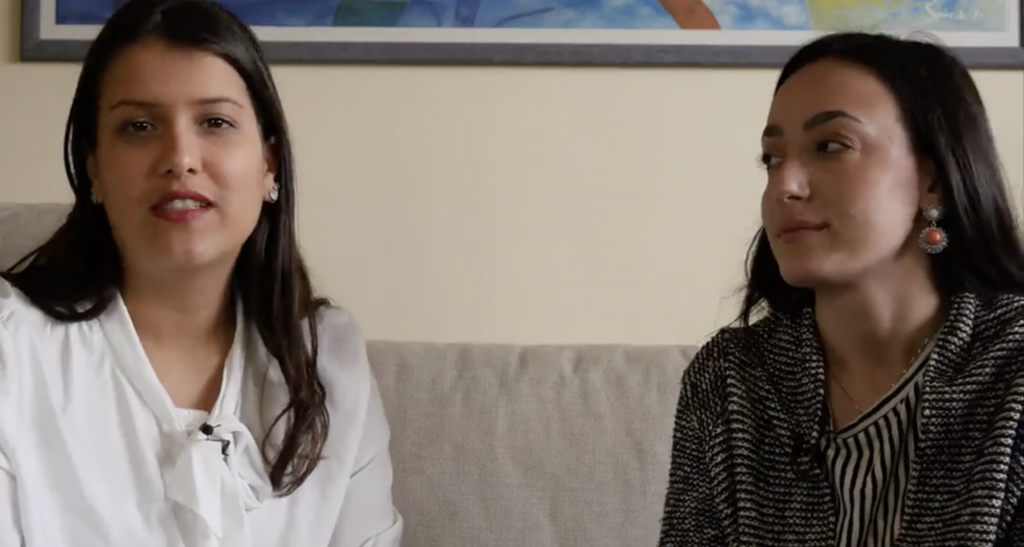
It was nearly a tragedy… but we had a lot of fun.
Però is a pretty easy word with two syllables. The accent is on the second and last syllable and you can draw it out for a pretty long time! Listen…
You can even place però at the very end of a sentence.
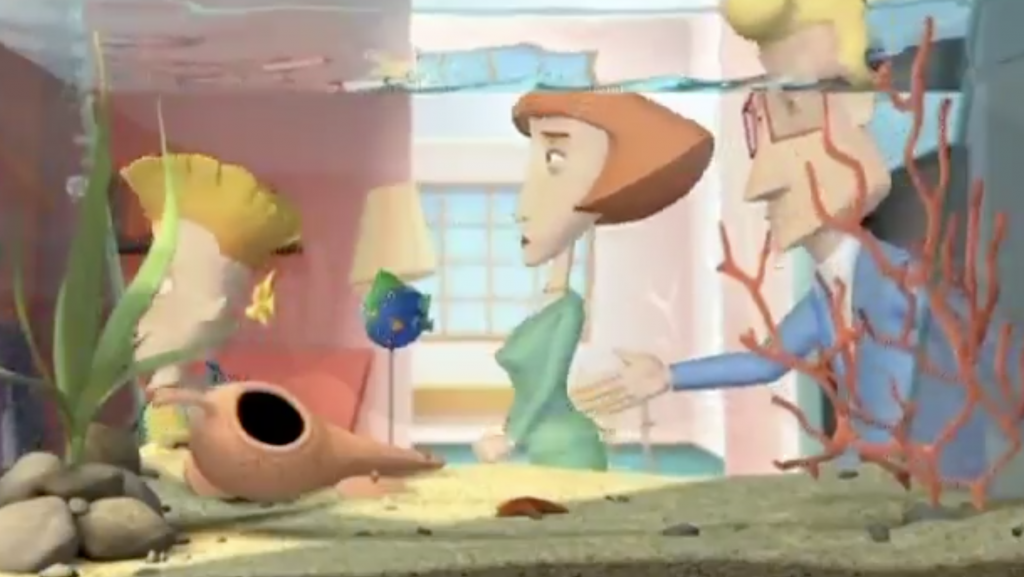
But you’re a bit too apprehensive!
3: The third way Italians say “but” is with invece.
If we translate invece literally, it means “instead,” but it’s often used just like “but.” The tricky thing is that, like però, it’s often stuck between words where we least expect to hear it.
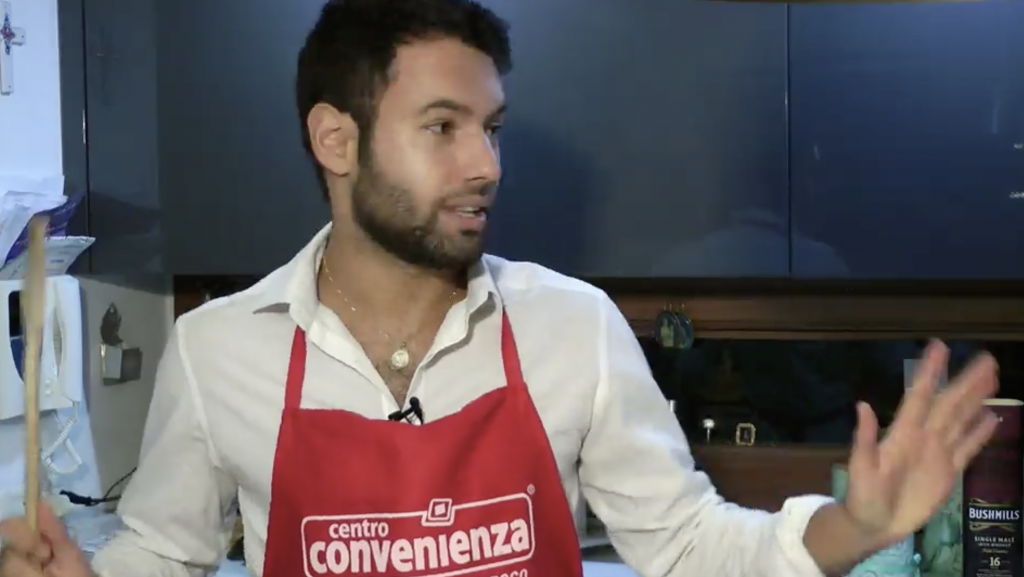
vi ho mostrato come preparare
la pasta alla carbonara,
proprio in questa cucina.
If you recall, in an earlier video,
I showed you how to prepare
pasta alla carbonara
right in this kitchen.
Oggi, invece, vi farò conoscere il mio piatto preferito: spaghetti con olio, pomodorini e aglio.
But today, I’ll acquaint you with my favorite dish: spaghetti with oil, cherry tomatoes, and garlic.
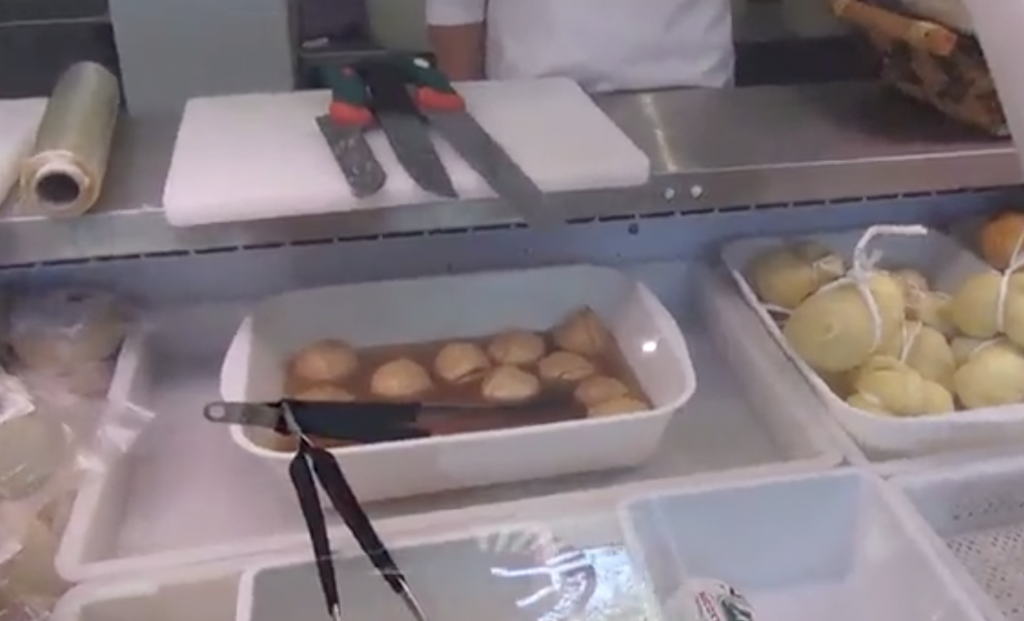
OK, that’s how you make mozzarella, but how do you obtain smoked mozzarella?
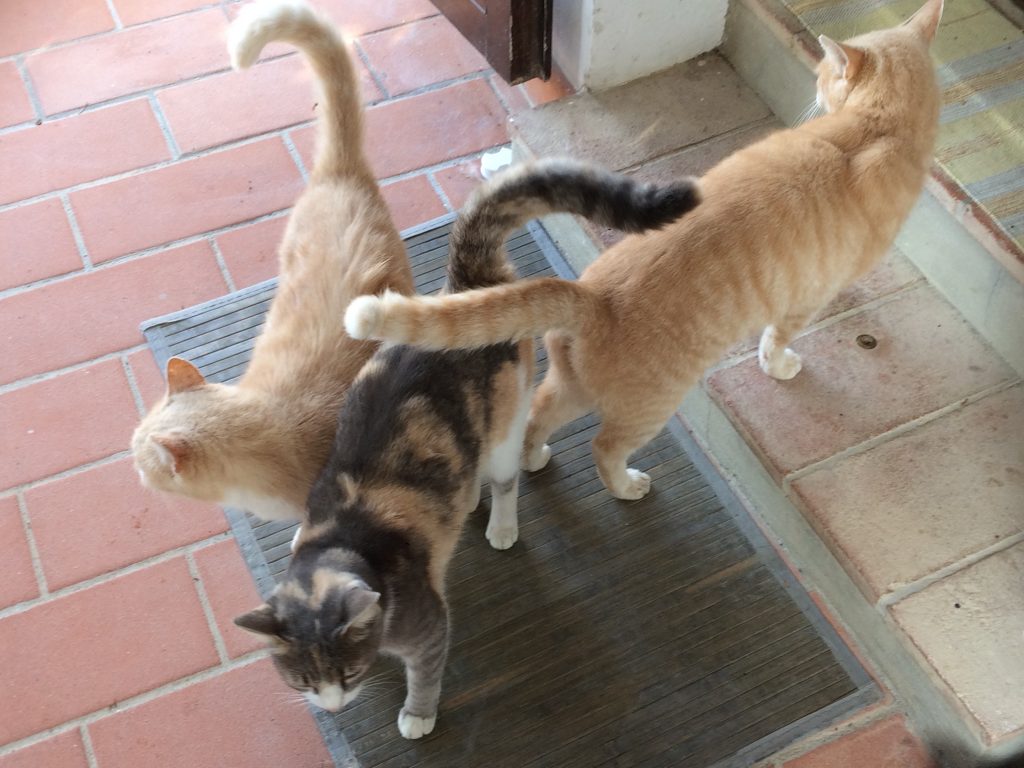
Your dog is beautiful, but I prefer cats.
So there you have the basics of “but” in Italian. You have three choices: ma, però and invece. Ma is the easiest, so try it out on your friends and family.
See and hear how native Italians say “but” and other important words by going over to yabla.com and subscribing to the vast library of videos: original content of various kinds, TV shows, movies, documentaries and more. There are some free videos too, so you can see how it works. Speaking of “free,” check out the free Italian lessons available on Yabla.
